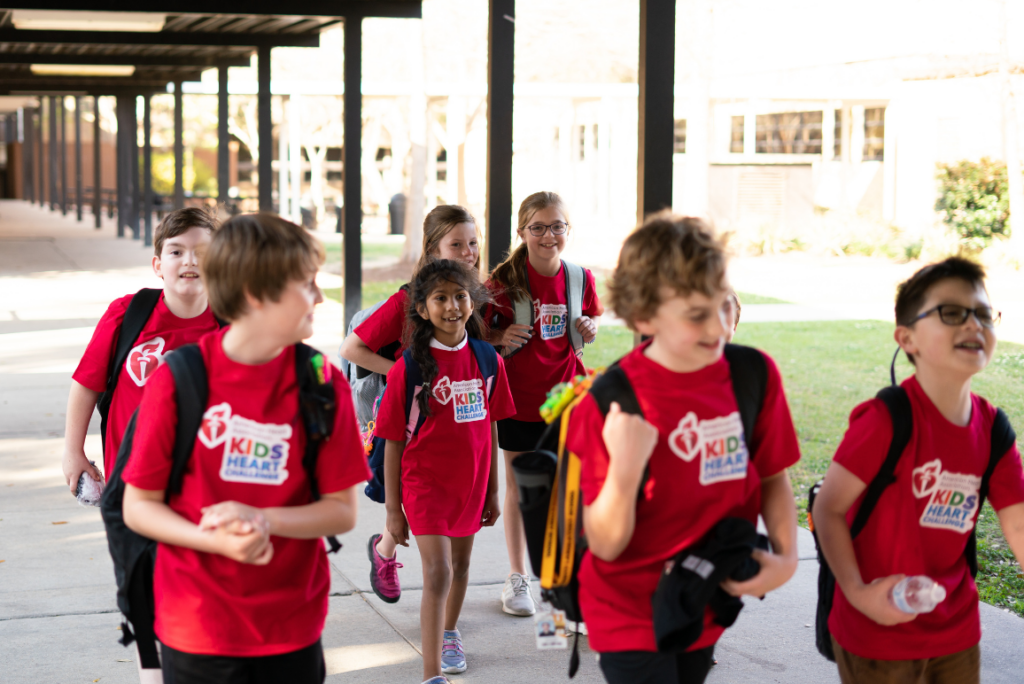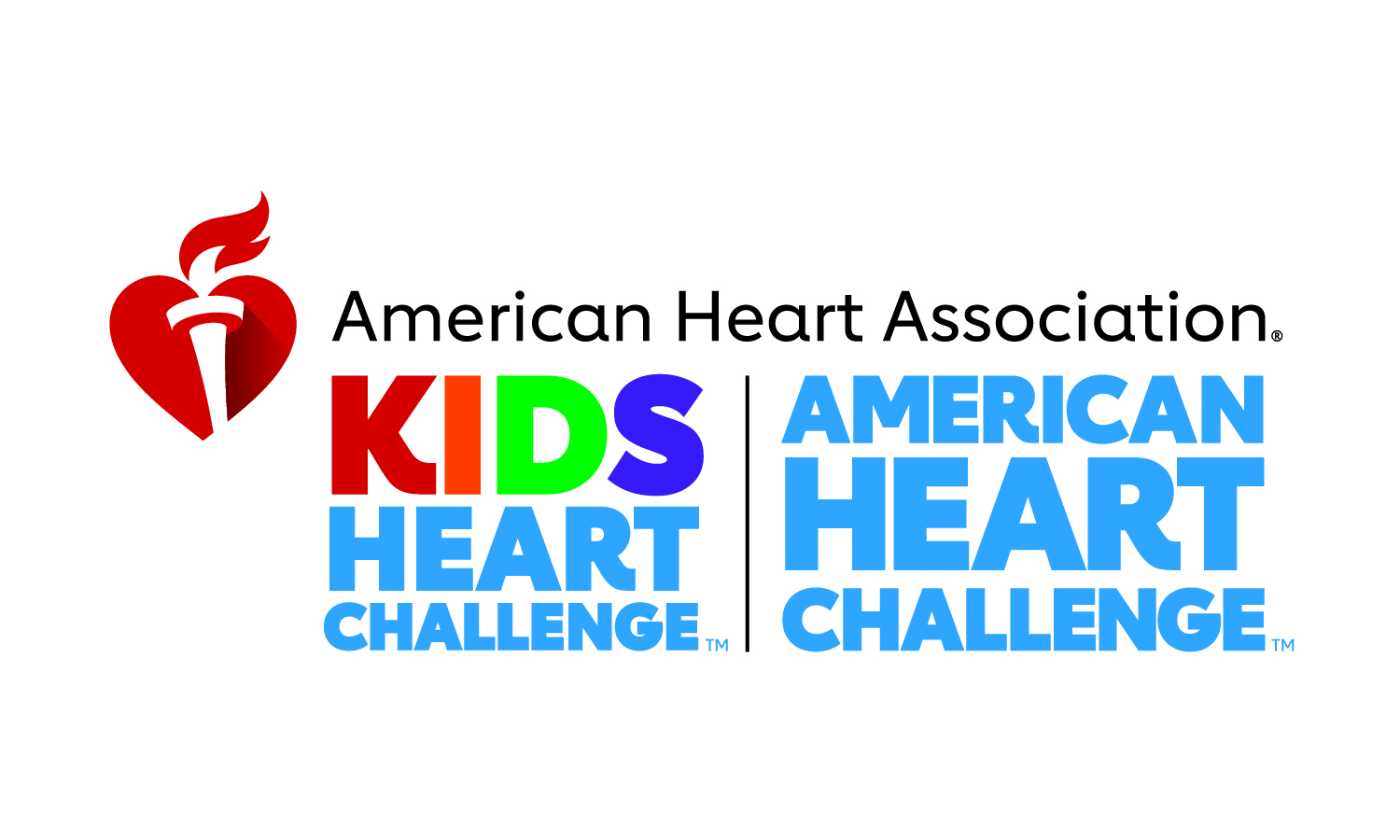American Heart Association grants ignite new health initiatives in schools

The American Heart Association’s school-based programs, Kids Heart Challenge™ and American Heart Challenge™, awarded $4,300 in total to Rutland Town School and Rutland Intermediate School for physical activity equipment and resources. The annual grant program supports schools by funding resources to extend school wellness initiatives. According to the Centers for Disease Control and Prevention, less than 24% of children and adolescents aged 6-17 get the recommended amount of physical activity each day. The new equipment will provide a new opportunity for students to get active during the school day.
“Receiving this grant from The American Heart Association strengthens and reinforces our belief in teaching students the important habits, skills and education necessary for a lifetime of health and well-being,” said Keith Schneider, physical and health education teacher at Rutland Town School. “With these funds we will be able to replenish our jump rope equipment supply, providing appropriate equipment for students in every grade level, Pre-K through eighth grade. There is also the potential to expand our equipment use to times outside of class, such as recess and before or after school activities.”
“We are extremely thankful to receive the American Heart Association’s school grant, ” said Nicole Adams, physical education teacher at Rutland Intermediate School. “These funds will provide our school with a wide range of recess equipment. This support is invaluable and will help foster active, healthy lifestyles for our 500 students.”
Schools nationwide that participated in either the Kids Heart Challenge or American Heart Challenge during the 2023-2024 school year were invited to apply for grants to fund resources to enhance their health and physical education programs. Seventy-seven schools were awarded grants, which will be used for various projects, including adding physical activity equipment, installing water filling stations, and enhancing educator training opportunities. The grant initiative provides funding twice a year, mid-school year and year end. The next grant application deadline is December 15, 2024.
“As we move into our second century of lifesaving work, the American Heart Association remains deeply committed to youth through our in-school programs,” said Nick Strance, school engagement development director of the Vermont American Heart Association. “These programs are essential because they equip young people with the knowledge and habits needed to lead heart-healthy lives. Our future is about improving yours, and by investing in the health of our youth today, we are building a healthier future for everyone.”
Both the Kids Heart Challenge and American Heart Challenge are rooted in proven science, which has shown that kids who are regularly active have a better chance of a healthy adulthood[1]. more than 10 million students in 20,000 schools each year, these service-learning programs give students the opportunity to feel good, while doing good.
Participating students, families and staff learn valuable skills, including how to make smart food choices, the importance of avoiding vaping/tobacco and the lifesaving skill of Hands-Only CPR. Educators are also supported with lesson plans and resources to support their physical and mental well-being.
In addition to learning about heart health, participating students and families have the opportunity to give back to the community by raising funds for the American Heart Association. Dollars raised help advance cardiovascular research and outreach programs, paving the way for improved health outcomes for healthier communities.
Schools interested in the grant opportunity are encouraged to register now to participate in either Kids Heart Challenge or American Heart Challenge for the 2024-2025 school year. To learn more visit heart.org/getstarted.
[1] Department of Health and Human Services, Physical Activity Guidelines, page 14. Available for download here: https://health.gov/paguidelines/default.aspx
